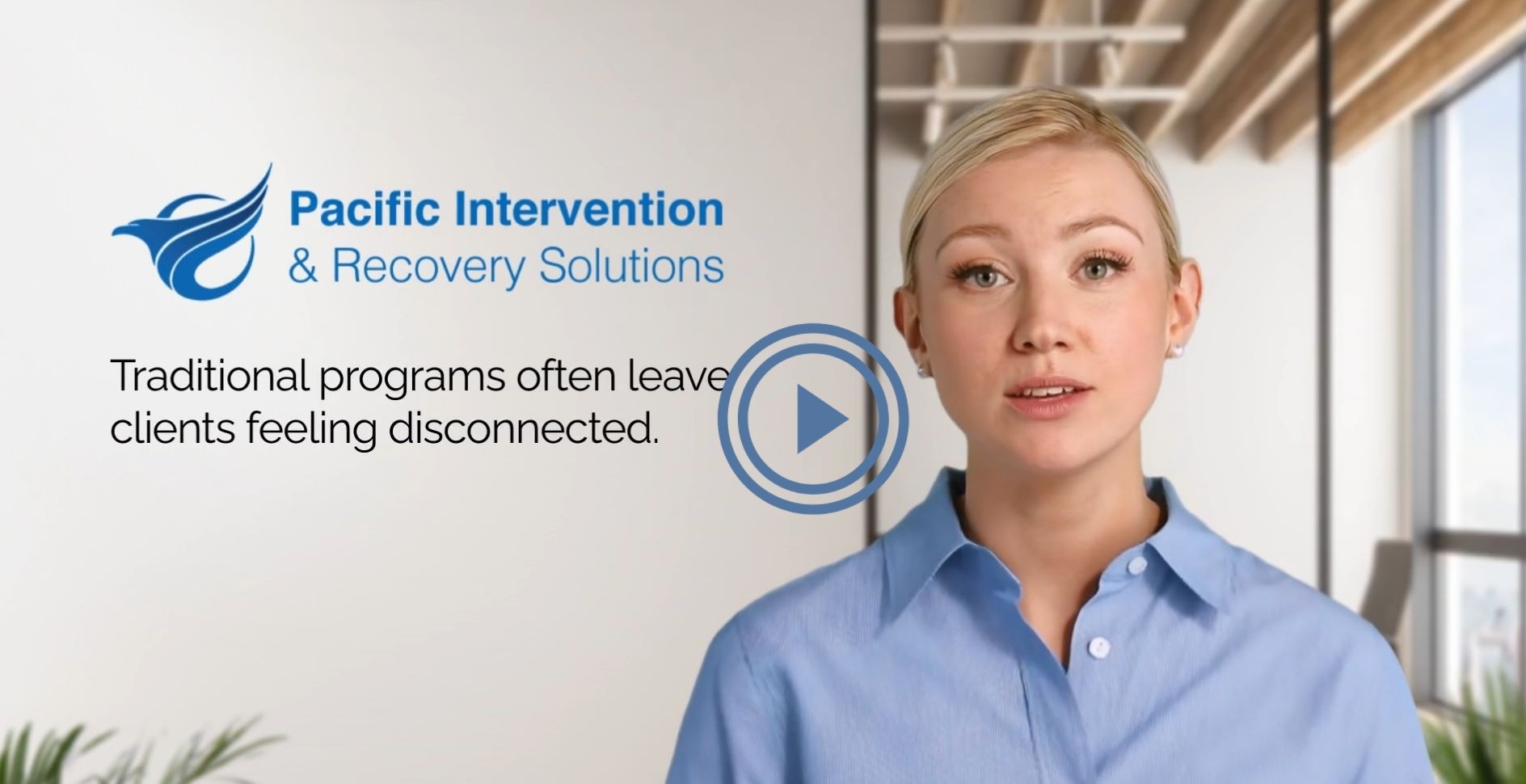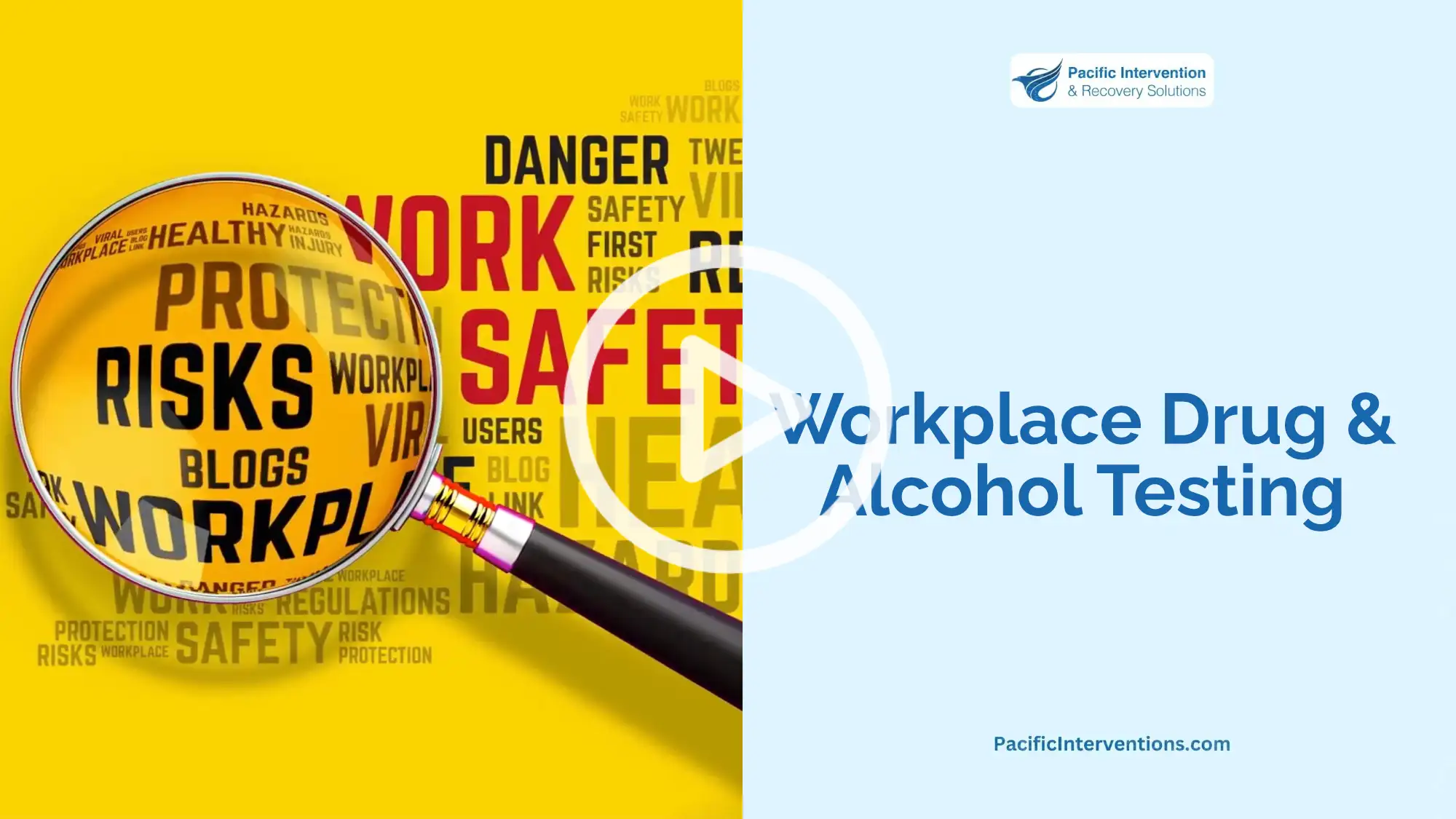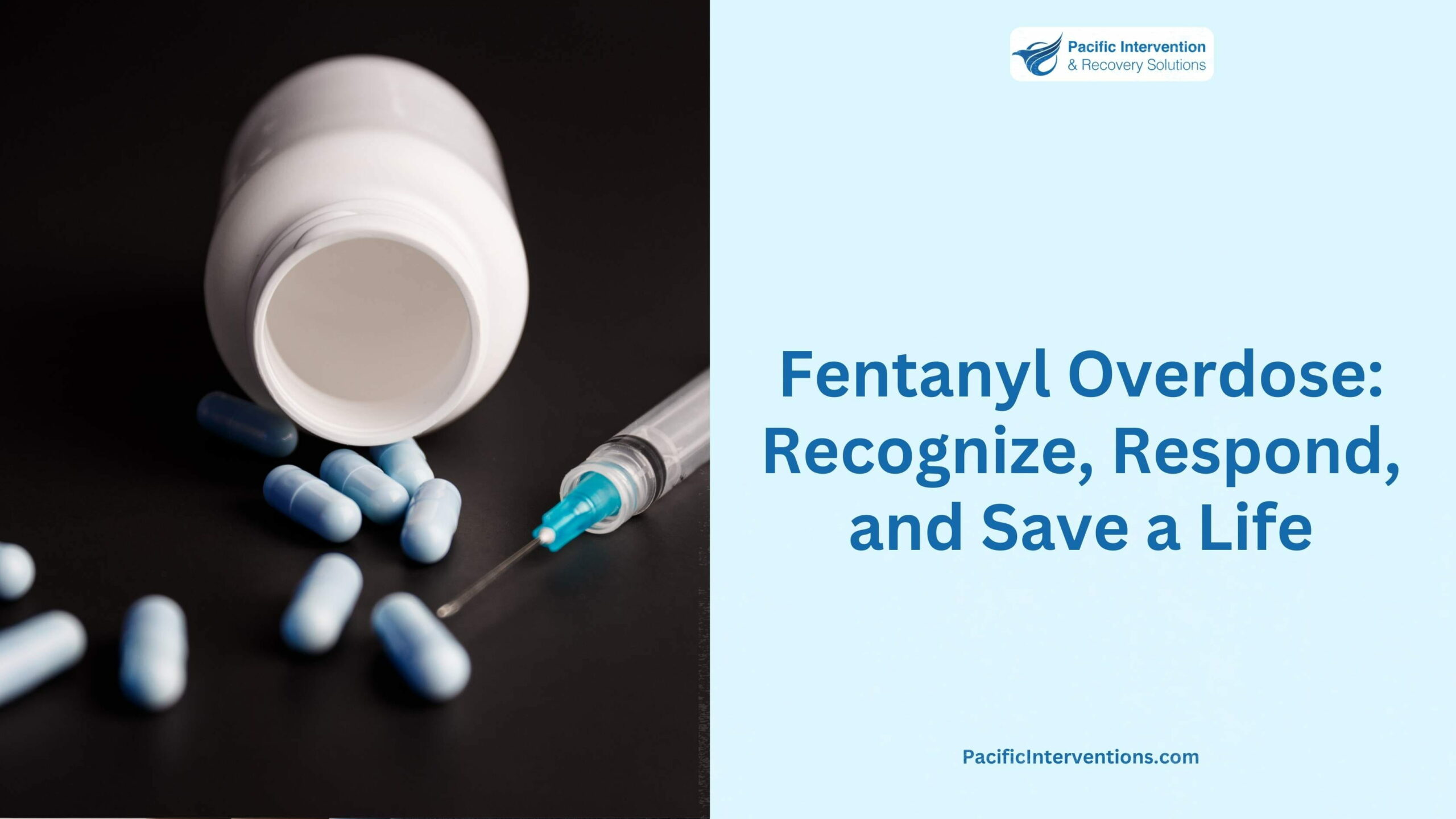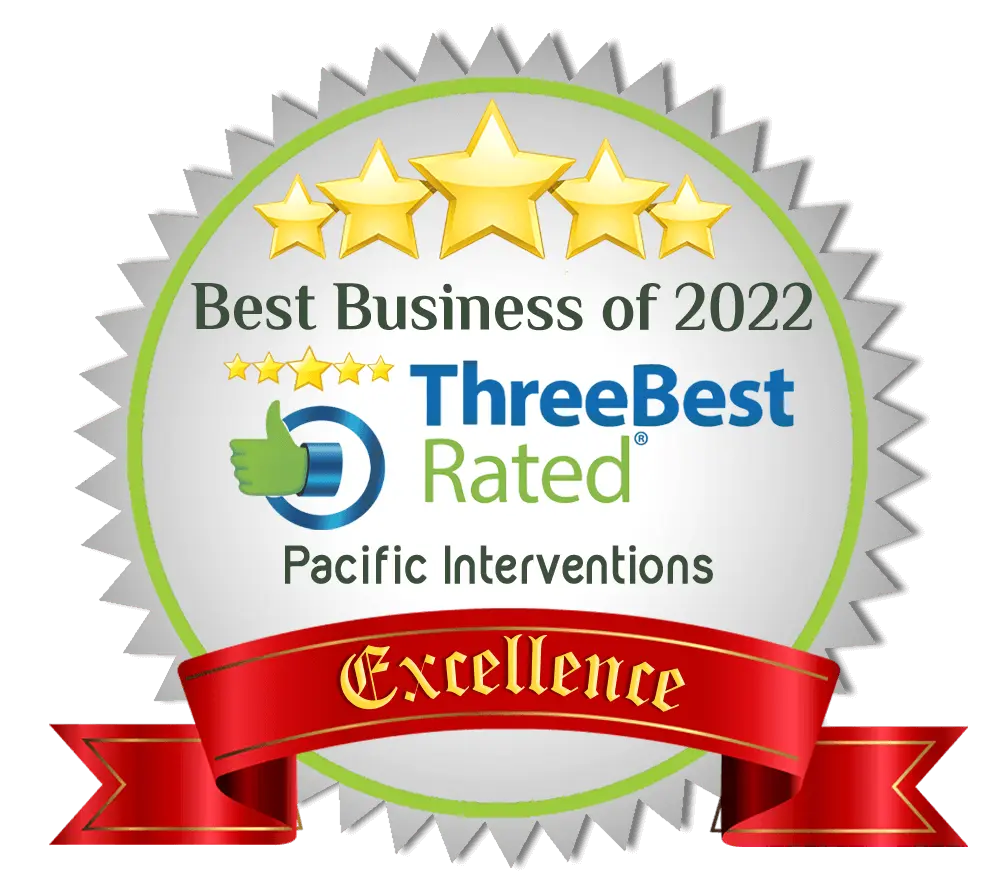Watching someone you love struggle with addiction can be one of the most fearful and devastating experiences. Whether you are new to this experience or have been watching someone struggle for years, there are a few things that you can do to help someone struggling with addiction and choose an addiction rehab program. For years, my family watched me struggle. Time and time again I travelled through the cycle of addiction. I would swear off using substances for good, I would get healthy, I would gain back trust, I would become the authentic me that everyone once knew. Unfortunately, the happiness, peace of mind, trust and hope that my family would experience would quickly be gone when I relapsed. Once again they would be left with an overwhelming amount of powerlessness. The cycle would continue until eventually I sought out help from an addiction treatment facility. My family was able to implement what they had learned from addiction specialists who tought a Family Program about addiction. The proven methods they had learned, gave them a new way to live and detach from my dysfunction.
1. Educating yourself about addiction will improve your understanding about how substance use affects the brain and body. Addicted people become selfish and self-centred. The emotional rollercoaster they are on causes them to act out in ways they would never do when sober. Every famliy member I have spoken with describes their loved one as a caring, dedicated, hard working, intelligent, funny human being when they are not using drugs and alcohol. Chronic use causes the brain to create new neuro pathways dedicated to the rewards that substance use produces. In short, the brain completely changes, which is why the person you once knew becomes a complete stranger. Many family members can get stuck in fear and in turn they enable the addict which can actually make an already dysfunctional relationship even more maladjusted. There is no shame if you have been in this situation, we all want to help the person stuggling with addiction and the choices we make to help the struggling individual come from a place of love. Although the choices come from a place of love, these choices the family members make are sometimes done out of desperation, fear, and guilt and usually create more frustration. What you want to do is begin to attempt to change your perspective about the person. Looking at the person as having a disease will allow you to detach yourself from the behaviours and attach yourself to a proven method of addiction treatment. Because this disease affects the whole family, choosing a program that will provide the appropriate services is critical. A family Program can give you all the education, tools, and support that you will need to help you make positive choices about how to deal with the individual prior to attending a drug rehab program and during.
2. Addressing the person about the issues at hand from an empathetic place will open up a much healthier platform for communication. Being able to address the issue in a calm manner will have better results than blaming the person for their behaviours. This can be a hard thing to do as this is a very sensitive situation. Thus in many cases, a professional interventionist is brought in to help. In my experience, most can use some adjustments in the way they express themselves in emotional situations. Sharing you feelings about the impact of your loved one’s using and focussing on how you feel about the way the relationship has changed will be better received and lessen the chances of a defensive response. When dealing with such sensitive topics, it is easy to get emotional and speak irrationally. Speaking empathetically from a place of love and support will allow for the individual express their feelings and fears that have. This will allow you to share how you truly feel about what the disease is causing you to experience. By sharing about your fears and sadness around how you miss the way your relationship used to be and how much you yearn to have that back is very impactful, and deep down that is exactly what the person struggling wants also.
3. Boundary setting can be a difficult thing to do. Family members want to do anything in their power to get back there loved one. Unfortunately this usually causes more problems. Family members tend to enable, are not able to say no, get guilted into doing things they don’t want to do, and put their needs aside, which just creates more anger and frustration. Setting healthy boundaries is not done to give the addicted person consequences. Creating consequences is usually seen as a punishment and for most people it does not work. An example of a healthy boundary would be you expressing that when your loved one is under the influence you cannot be around them. This allows that person to now be responsible for their choices they make moving forward. Using “I statements” to express your fear and sadness when you see them under the influence will have much more impact than just saying “if your loaded you cannot be around me.”
4. Being prepared for when the addicted person has that moment of clarity is essential. Learning about where you can access withdrawal management, inpatient treatment and outpatient treatment options can be done by contacting your local Addiction Services Agency in your area. The more options you have prepared, the more likely you will be able to take action immediately and they can receive the proper addiction treatment they need. There is no one size fits all. Each person’s recovery is different and what works for one person, may not work for the other. Finding a place that specializes in individual treatment planning, and utilizes evidence-based methods is highly recommended.
5. The physical, mental, emotional, and financial toll addiction has on the entire family is often put aside and the focus is on helping the individual struggling with addiction. The reality is that if you are not healthy, your ability to help that person becomes nearly impossible when they are resistant to choosing an addiction treatment program. Your health and sanity is just as important as your efforts to help that person struggling. Family members can become so assidious with that person and they forget that their health is just as important. Ensuring that you are eating well, getting enough sleep, and talking with people who can provide support for you is essential. Al-Anon is a long standing group where you can meet people who understand what you’re going through and can share their experience. Attending professional counselling with a qualified addiction specialist is also a great option to learn some new ways to help yourself, which in turn will help your loved one who is struggling.
Watching a loved one struggle with addiction is one of the hardest things you can experience. The good news is that you do not need to do it alone. Reach out for help today and start the recovery process.









